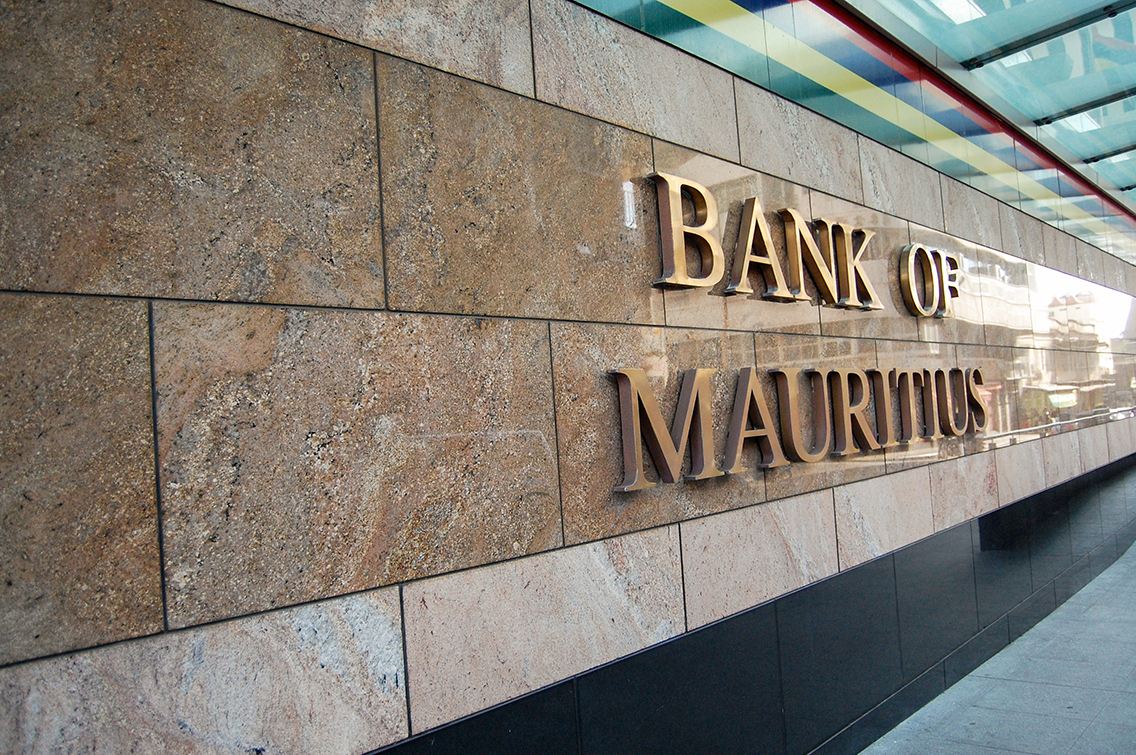Africa’s micro, small and medium-sized enterprises (MSMEs) form the backbone of the continent’s economies, accounting for nearly 80% of formal employment in emerging markets. Yet despite their importance, they continue to face a staggering $940 billion financing gap. One of the main obstacles lies in the fact that most Africa-focused investment funds are domiciled outside the continent, restricting the flow of capital available to African businesses.
A recent report, Study on Africa as a Jurisdiction for Domiciliation of Investment Vehicles, argues that shifting fund domiciliation back to Africa could be transformative. Doing so would unlock domestic pools of capital, such as pension funds, attract greater international investment, and strengthen financial ecosystems that support entrepreneurship and job creation for the continent’s youthful population.
Domiciling funds locally has multiple benefits. It reduces operating costs, increases trust, and deepens local capital markets. It also promotes the formalisation of MSMEs, since funds typically require investee businesses to be legally registered. Moreover, by keeping funds on the continent, domestic institutions such as pension funds can deploy capital in ways that reflect local realities and priorities.
Currently, around 60% of Africa-focused funds are domiciled offshore in jurisdictions such as Mauritius, Luxembourg and Delaware. However, several African countries already demonstrate maturity in their regulatory and financial frameworks. Mauritius, South Africa, Rwanda, Ghana and Morocco are leading the way, while emerging players like Cabo Verde, Uganda, Nigeria and Kenya are improving their environments and positioning themselves as potential domiciliation hubs.
The report introduces a new analytical instrument – the Fund Domiciliation Maturity Diagnostic Tool (FDMDT) – to assess the readiness of African jurisdictions across four dimensions: regulatory environment, judiciary framework, operational efficiency and enabling environment. Using this tool, countries were categorised as “green” (mature, such as Mauritius, South Africa and Rwanda), “yellow” (developing, including Kenya and Nigeria), and “orange” (nascent, such as Ethiopia, Senegal and Togo).
The opportunities are significant. Africa’s pension funds alone hold billions in underutilised assets that could be channelled into SMEs and infrastructure projects. Regional integration efforts, such as those within the West African Economic and Monetary Union (WAEMU) and the African Continental Free Trade Area (AfCFTA), further enhance the potential for cross-border domiciliation and the creation of pan-African investment funds.
Countries that align their domiciliation strategies with specific niches – for example, green finance, technology or regional financial hubs – can carve out competitive advantages.
Ultimately, domiciliation is far more than a legal or administrative exercise. It is a strategic lever for mobilising domestic and global capital, building inclusive financial systems, and unlocking Africa’s economic potential. By deliberately encouraging fund domiciliation within their borders, African governments can ensure that local and foreign investment flows directly into their MSMEs, driving sustainable growth and creating meaningful employment for the continent’s young and dynamic workforce.
To seize this opportunity, collaboration is essential. Policymakers, regulators, fund managers and investors must work together to strengthen regulatory and judicial frameworks, incentivise domestic investment, build operational capacity and market Africa as a trusted and competitive domicile for funds.
If successful, this shift could mark a turning point — transforming Africa from a passive importer of capital into an active mobiliser of its own wealth.
Want to continue reading? Subscribe today.
You've read all your free articles for this month! Subscribe now to enjoy full access to our content.
Digital Monthly
£8.00 / month
Receive full unlimited access to our articles, opinions, podcasts and more.
Digital Yearly
£70.00 / year
Our best value offer - save £26 and gain access to all of our digital content for an entire year!

 Sign in with Google
Sign in with Google 



